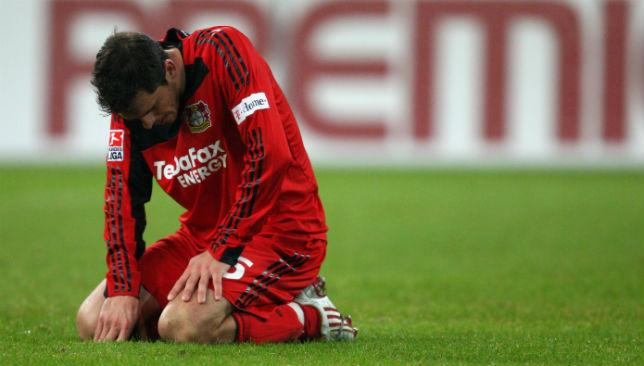
You think of post traumatic stress disorder (PTSD) you think of Saving Private Ryan and Dunkirk and Robin Williams screaming, Good morning Vietnam and The Longest Day. Maybe cops with indigestion getting a bullet in the gut from a drug lord in a takedown or a victim of a violent crime.
Don’t try to replicate the stress of the sport in training, instead prepare for the stress of the sport. – @coachgambetta
You don’t really associate it with sports and the rah rah atmosphere of ‘healthy’ competition. Seeing as how it took years to move sports injuries from the band aid and liniment stage to the level of a specialised science, the general drag on PTSD in sport is understandable.
And yet, it is probably a major factor in loss of performance and now finally an issue being taken very seriously. One incident, however unfortunate or even bizarre, can drain away years of training and effort and become a goblin on the athlete’s back.
Let’s take the case of Molly Huddle in the recently concluded athletic meet in Beijing. She was a shoo in for the bronze in the 10,000 metres but an early celebration and a slowing down in the last few yards allowed her team-mate Emily Infield to squeeze past.
Will Molly ever get over it? That medal was hers for the asking. Now, after the heartbreaking episode can she ever get her confidence back, especially after the modern day blitz of publicity and the ubiquitous YouTube with its ability to go viral? Wherever she turns, there is a smirk and a flinty finger pointing at her.
Just a few months ago, an Oregon University long distance runner Tanguy Pepiot, began to wave to the crowds as he came into the final straight of the 3000 metres steeplechase about twenty yards ahead of Washington’s Meron Simon. Pepiot was so busy waving victoriously to the crowds that he didn’t see Simon pass him in the last three yards.
Now, Pepiot is in deep depression and cannot get over it. Sure, the video got a lot of laughs, mostly derisive, and very little sympathy. But for this promising runner, it is agony. Without therapy it could be the end of his career.
Like what happens to a professional when he or she scores an own goal. Remember the Women’s World Cup when in the dying seconds England’s Laura Bassett lifted the ball over her own goalkeeper, onto the crossbar and into her own net and gifted the game to Japan.
You muff a crucial catch in cricket, miss a deciding penaltyin soccer, or drop the baton in a relay… anything that is seen as letting the team down or yourself, and it can become a stumbling block that makes frequent visits and wrecks your future. It’s not just the pressure of performing before the world that gets to these titans. It is the fear of failure.
Take Usain Bolt’s 100 metre run last week. It could just as easily have been Justin Gatlin half a step ahead. Would that have erased Bolt’s magical lure forever?
Even losing a title from match point can be hurtful. For every person who gets over it, a dozen allow that defining negative moment to transport them into oblivion.
Experts are now conceding that even in winning there is stress. Getting there is one thing. Staying on top quite another.
Thankfully, the sports world has woken up to the fact that mental disorders are integral to honed competition and, often enough, the affected person does not even know it. But temper tantrums, spikes in conduct, alcoholism, self-isolation, sleeplessness, deep depression, silence, mood swings, these are all symptoms of not just reliving that horrible moment and dealing with the ‘what if’, but also trying to forget it or, at least, get over it.
Studies have narrowed the symptoms down to incessantly reliving the moment of inglorious failure (nobody recalls who came second) responding with high emotion to trigger events like movies and matches on TV and a need for isolation where the sheer presence of others is soul destroying.
Sounds dramatic but for the one going through the stress it is very real. After all what’s the difference… sports is just another war without bullets.